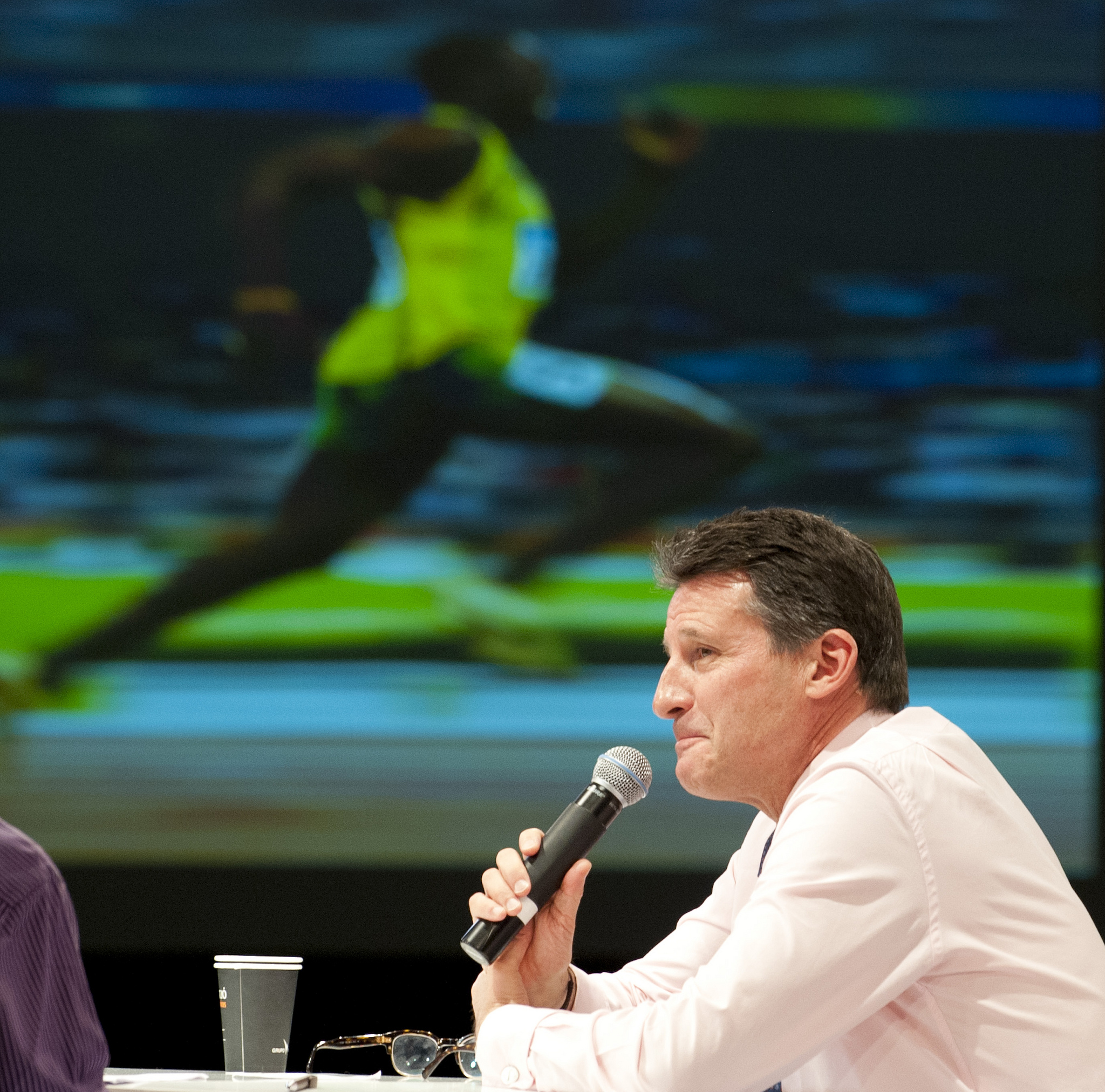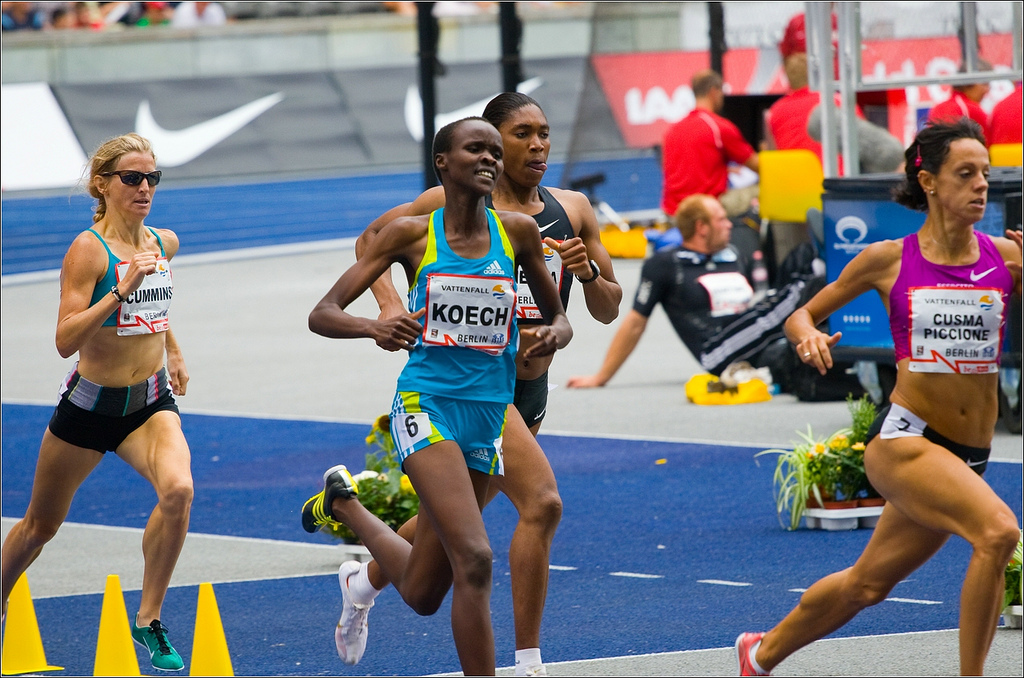In a letter written to IAAF president Sebastian Coe, Human Rights Watch claim the rule, which is set to come back into force in November, will “discriminate against women on the basis of their sex and their sex characteristics.”
The regulation was announced by track and field’s governing body in April, and affects athletes taking part in events between 400 metres and a mile.
It states that competitors that have at least five nanomoles of testosterone per litre (nmol/L) of blood, must reduce that amount to within the usual female range. Should they fail to do so, they would have to race against men or other ‘intersex’ athletes.
The regulation was initially introduced by the IAAF in 2011, but was halted by the court of arbitration for sport four years later, after Indian sprinter Dutee Chand appealed.
The regulations discriminate against women on the basis of their sex and their sex characteristics.
Human Rights Watch women’s rights director Liesl Gerntholtz
They were given two years to find scientific justification for the rule, and as part of a study released last year claimed that female athletes with higher levels of testosterone had a big advantage over rivals with more usual, much lower, levels.
In her letter to the IAAF though, Human Rights Watch women’s rights director Liesl Gerntholtz states that there is an “absence of a clear scientific consensus” surrounding those claims.
She goes on to say that despite claims from the IAAF that the regulations won’t stop any women from competing in athletics, “they do effectively force some women with intersex traits (or differences of sex development) to choose between undergoing medically unnecessary intervention to lower their testosterone levels or be precluded from participating in international sport.”

IAAF President Lord Sebastian Coe. Image Credit: Global Sports Forum/Flickr
Human Rights Watch have called on Lord Coe to urgently revoke these regulations.
The IAAF has repeatedly defended the rule, saying it’s designed to create “fair and meaningful competition within the female classification.”
They say that the body “has not and will never try to prevent women from participating in athletics.”
The IAAF was at the centre of a similar row in 2009, when it was reported that two-time Olympic Champion Caster Semenya was subjected to sex verification testing.
The South African announced her intention to challenge the rule at the court of arbitration for sport last month, and was backed by the Women’s Sport Foundation.







